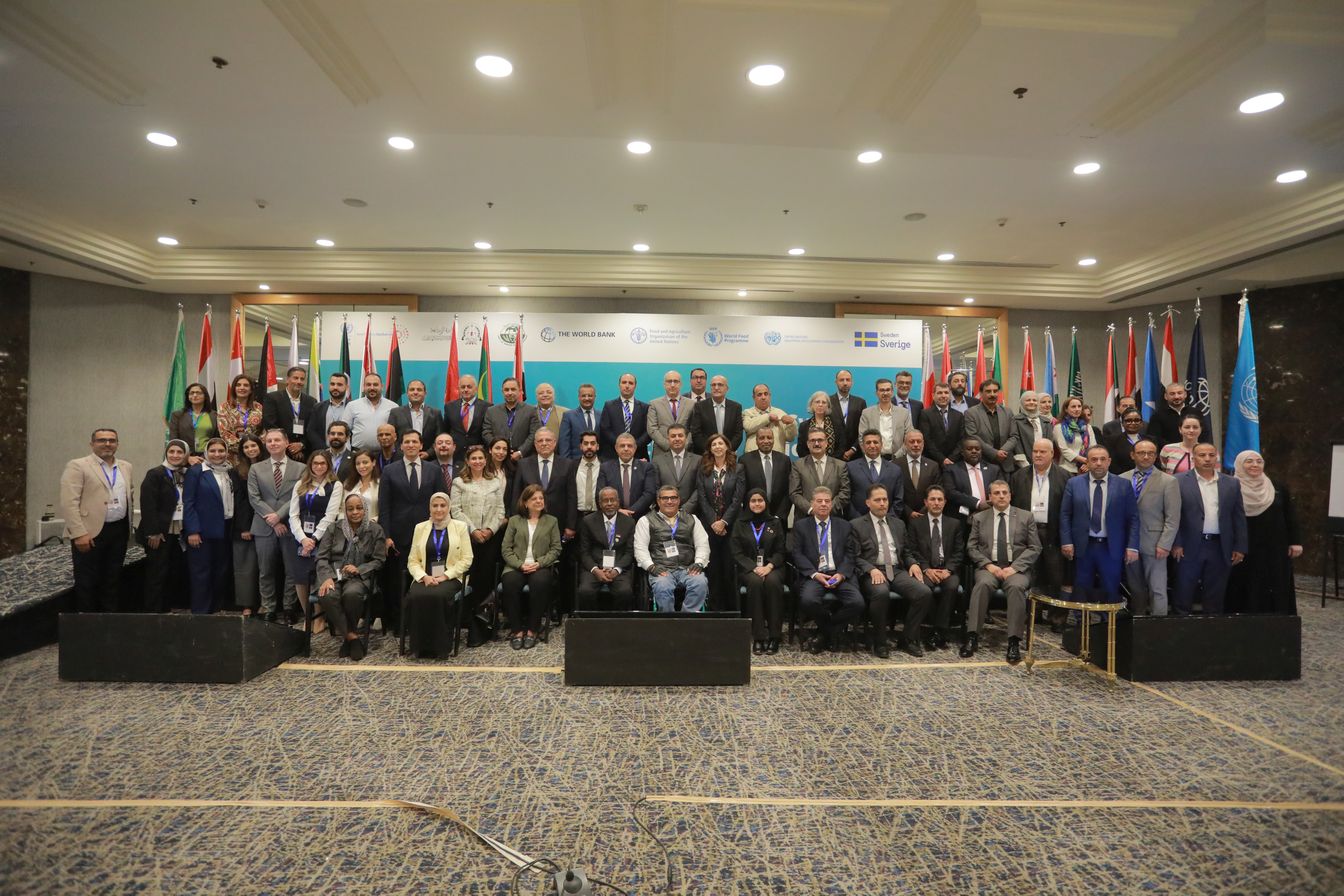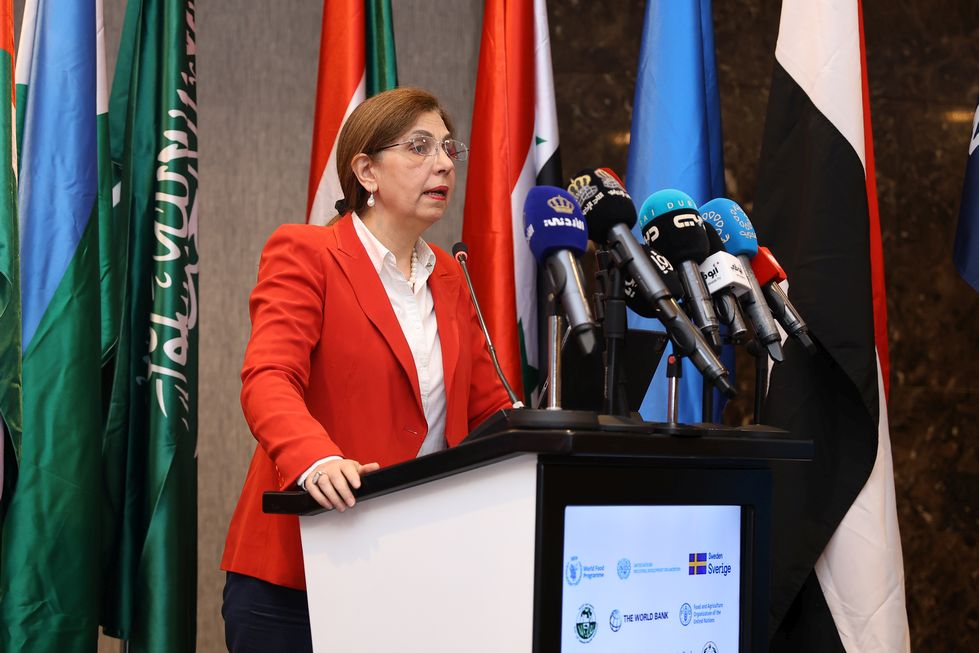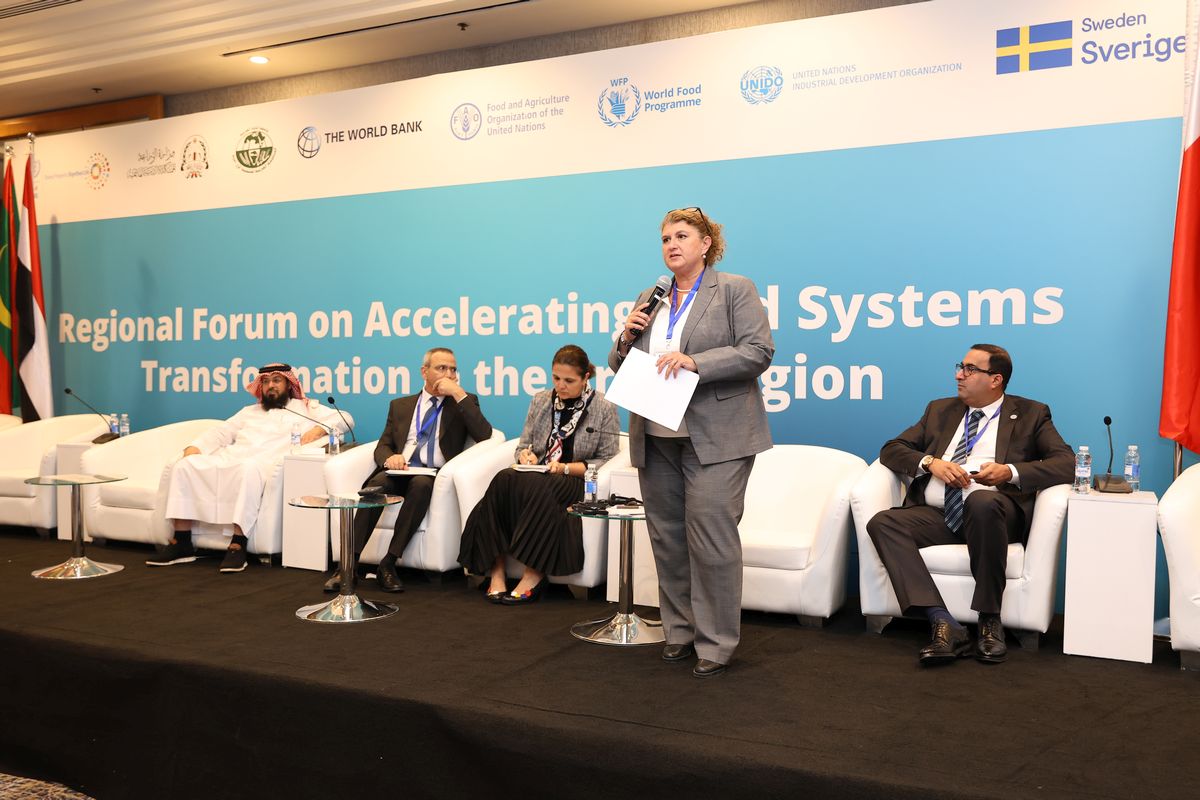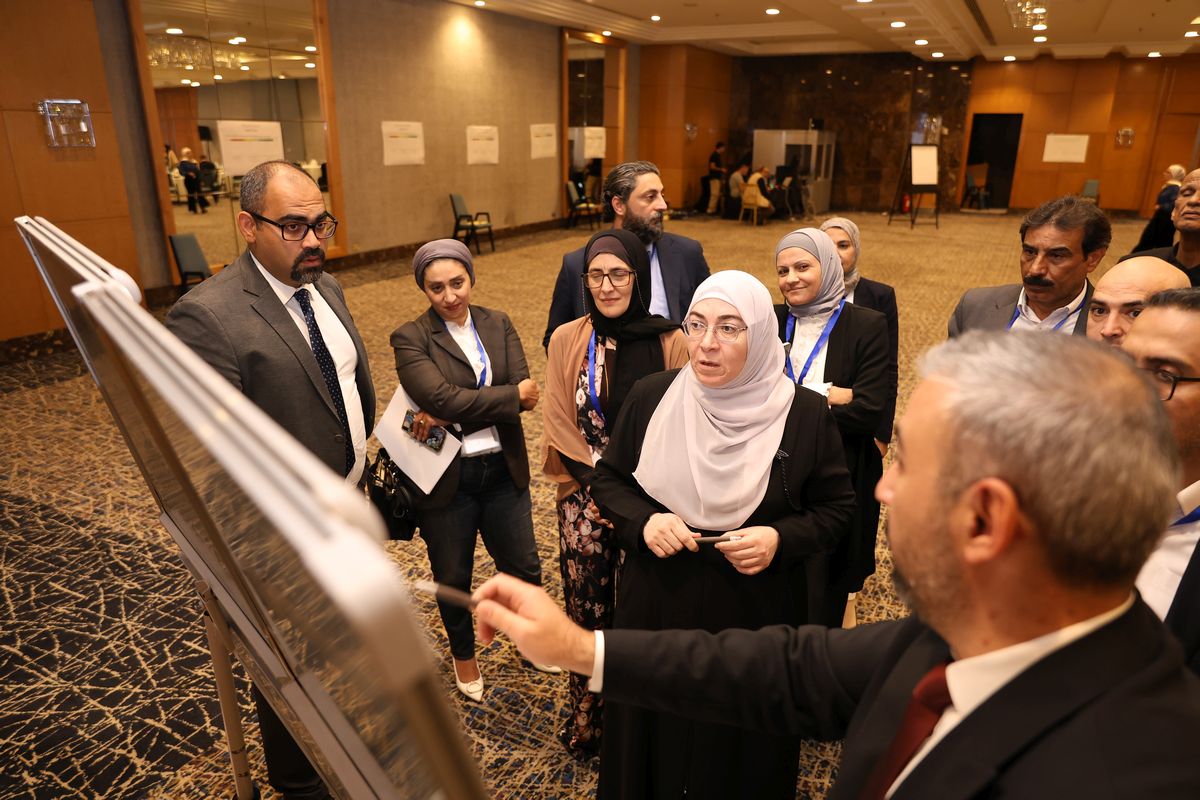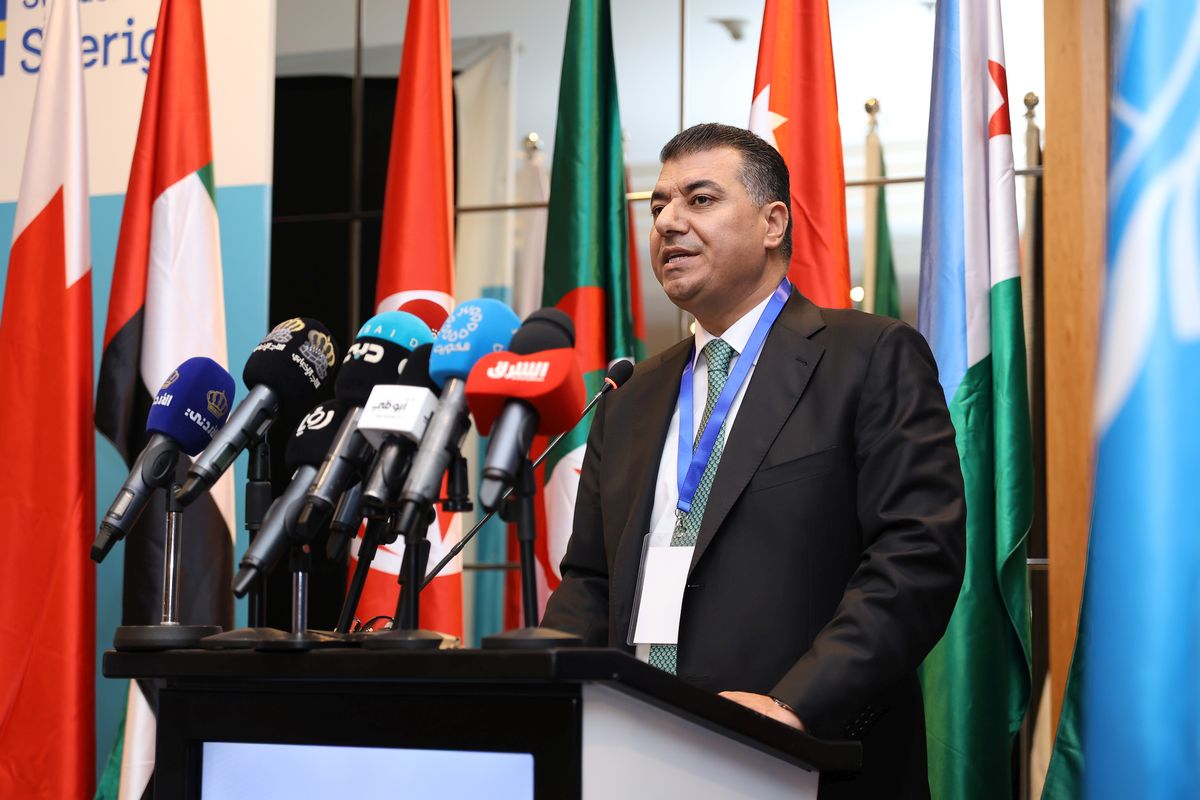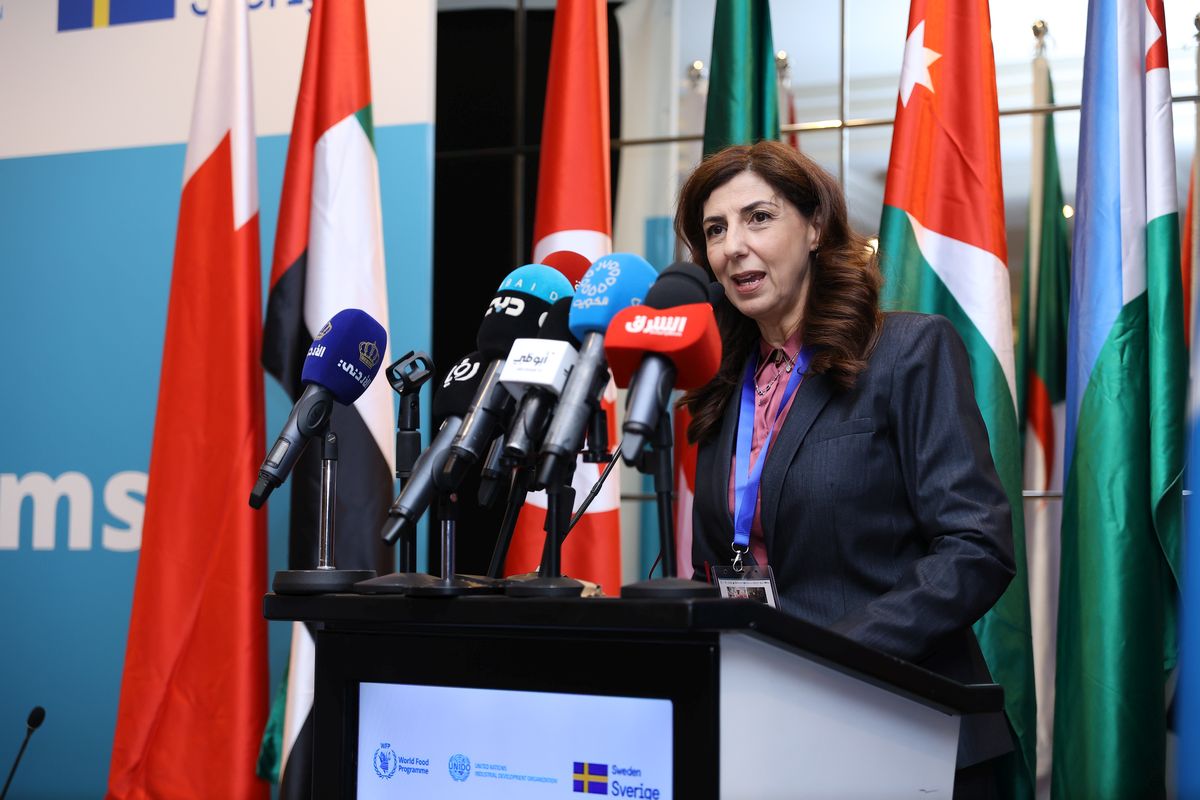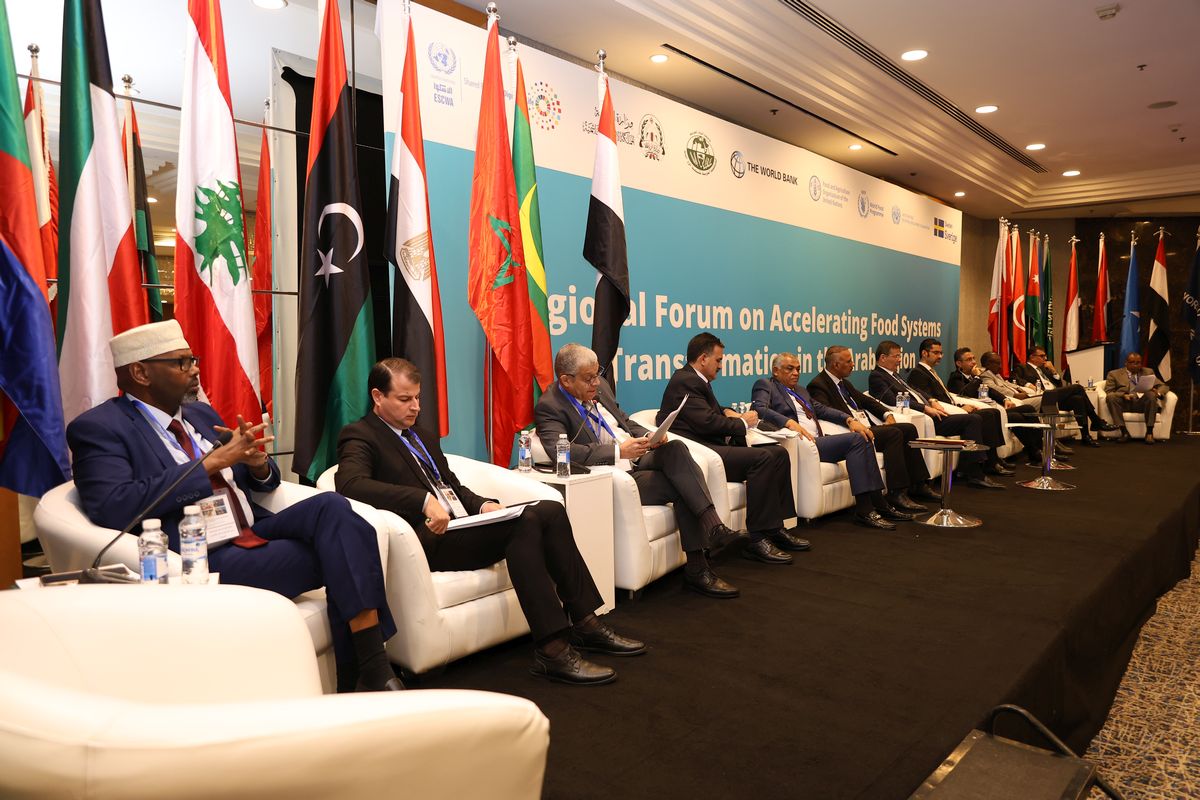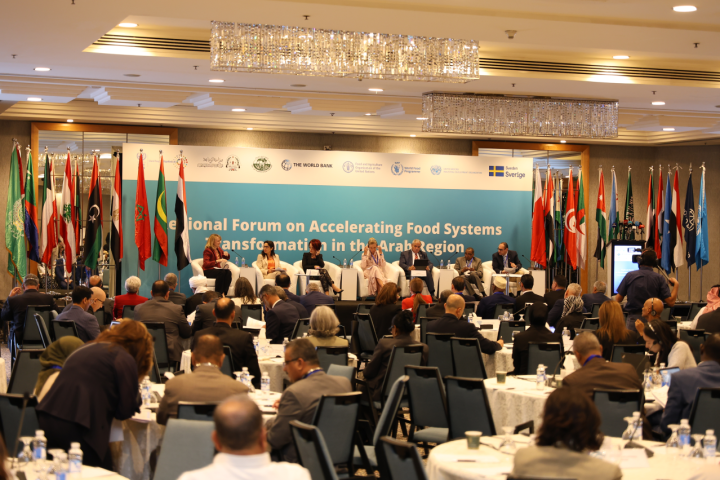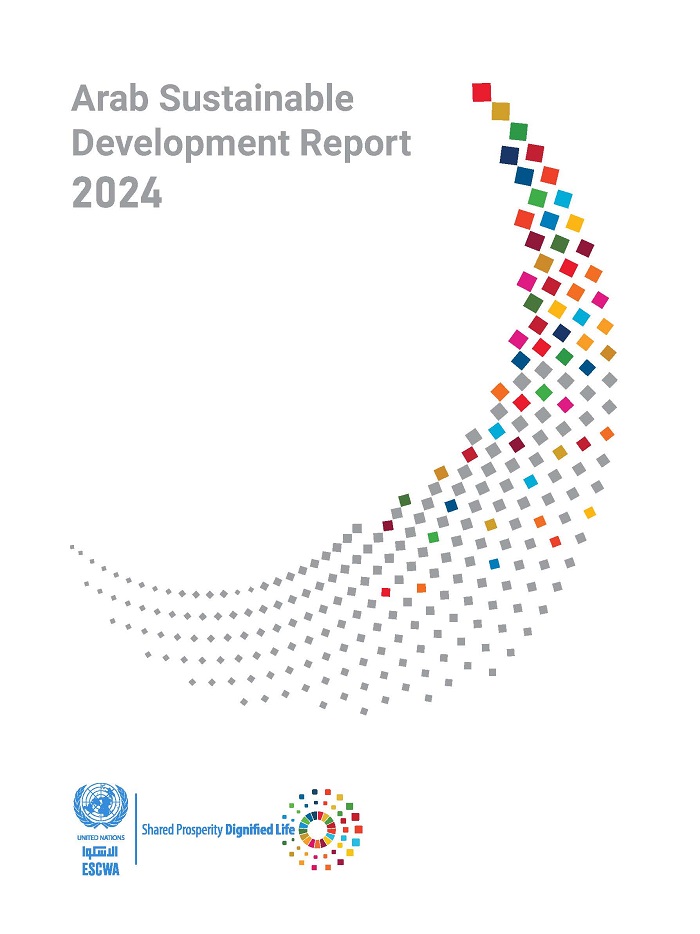The Food Security Council within the Jordanian Ministry of Agriculture, in collaboration with ESCWA, the Food and Agriculture Organization, the World Food Programme, the United Nations Industrial Development Organization, the World Bank, and the Arab Organization for Agricultural Development, is hosting a regional meeting on accelerating the transformation of food systems, with the support of the Swedish Government.
The meeting aims to conduct a critical analysis of the current state of food systems in the Arab region and provide guidance on how good governance, data, financing, technology, and collaboration can accelerate the transformation of food systems and improve food security and nutrition across the region. Participants include national food system focal points, ministries of agriculture, planning and finance, and key stakeholders.
